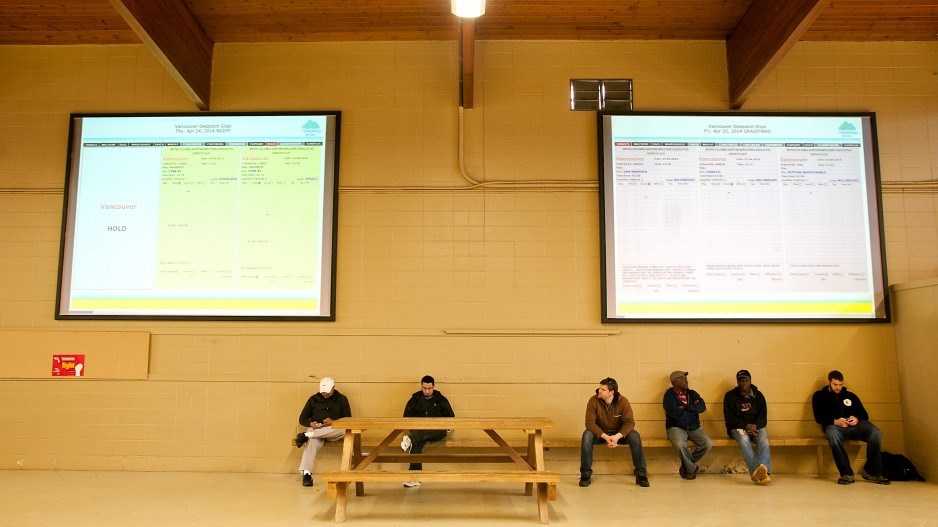What happened: Business Council of B.C. releases new projections for provincial economy
Why it matters: Economists forecast the province’s economy will contract more than initially thought
The Business Council of B.C. (BCBC) has downgraded the prospects of the provincial economy for a second time since the COVID-19 crisis unfolded.
Economists at the BCBC now forecast the province’s GDP will shrink 7.8% in 2020 — a greater contraction than the 7.3% predicted in March.
“Canada’s economy has fallen into a very deep hole,” economists Ken Peacock and David Williams wrote in their latest assessment.
“Exiting from it will be uncertain and challenging given the paucity of ready catalysts for private sector GDP generation and job growth, the limited set of remaining options for macroeconomic policy stimuli, the overhang of private and public debt, and the (necessary) ongoing public health restrictions that virtually rule out a consumer-led recovery.”
B.C.’s predicted contraction remains less pronounced than Canada as a whole, which the BCBC forecasts as shrinking 8% in 2020 if no second wave of COVID-19 hits the country.
If a second wave hits, Canada is looking at 9.4% decline in real GDP before growing 1.5% next year.
The West Coast economy is, however, forecast to grow 4.8% in 2021.
“This is a strong growth number by historic standards but comes in the wake of a very steep downturn and only results in the B.C. economy regaining just over half of the economic output lost in 2020,” the forecasts stated.
The economists also caution that while B.C. unemployment will rebound “significantly” after about 350,000 job losses since February, “many businesses will not reopen and several tens of thousands of jobs will be permanently lost.”
The forecast notes that industries hardest hit in the province include accommodation, food services and retail.
“Combined, these three service sectors account for more than half of all provincial job losses so far in 2020,” the forecast states, noting film and TV has also been hard hit.
“With the re-opening of non-essential services, plenty of jobs will come back. But the employment recovery path will be uneven and slow-going.”
The world economy grew 2.7% in 2019 and is set to contract 7.6% in the event of a second wave.
The U.S., meanwhile grew 2.3% compared to Canada’s 1.6% last year, but is now on a path to shrink 8.5% if a second wave happens.
The BCBC concludes its forecast with a plea for government to do everything it can to support new company creation and help existing businesses stay afloat.




